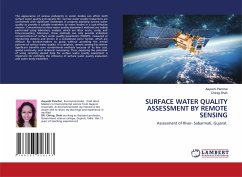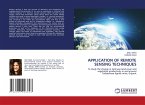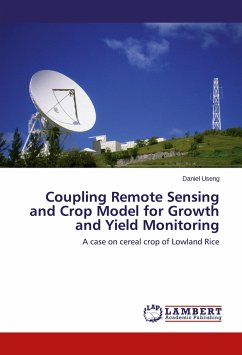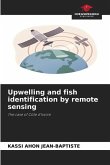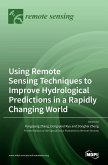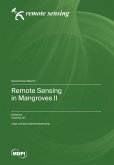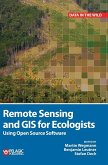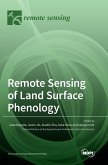The appearance of various pollutants in water bodies can affect both surface water quality and aquatic life. Surface water quality researchers are confronted with significant challenges in properly assessing surface water quality to provide a suitable treatment to water bodies in a cost-effective manner. Conventional surface water quality assessment methods are widely performed using laboratory analysis, which are labor acute, costly, and time-consuming. Moreover, these methods can only provide individual concentrations of surface water quality parameters (SWQPs), measured at monitoring stations and shown in a considerate point format, which are difficult for decision-makers to grasp without providing the overall patterns of surface water quality. In a variation, remote sensing has shown significant benefits over conventional methods because of its low cost, spatial continuity, and temporal consistency. Thus, exploring the potential of using remotely sensed data for surface waterquality assessment is important for rectifying the efficiency of surface water quality evaluation and water body treatment.
Bitte wählen Sie Ihr Anliegen aus.
Rechnungen
Retourenschein anfordern
Bestellstatus
Storno

